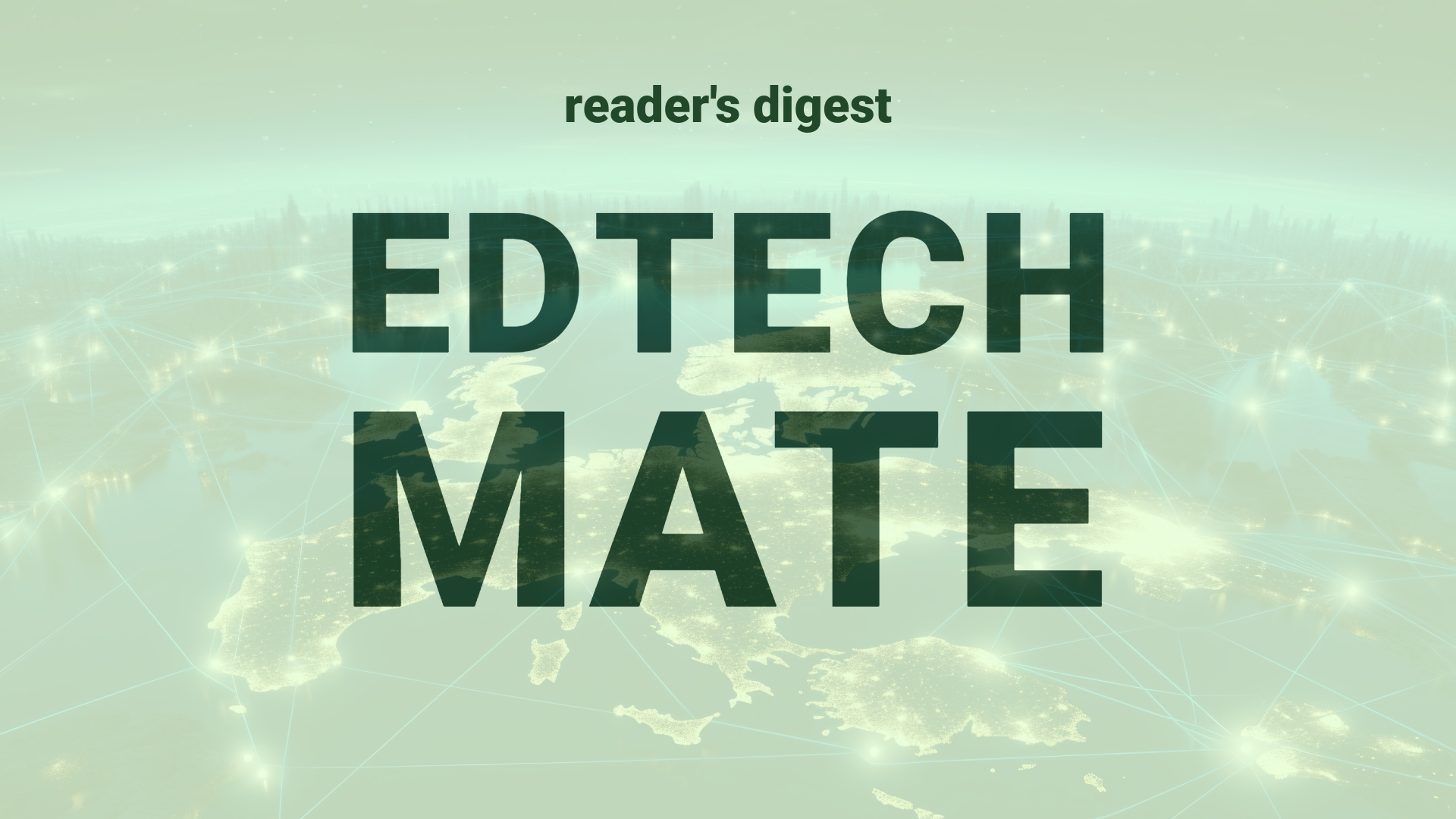Executive Summary and Main Points
The recent developments surrounding Atos, a French IT services company, signify potential changes in the educational technology landscape. Atos, facing financial challenges, has accepted a restructuring proposal from Onepoint and parts of the business may also be acquired by engineering consultant Alten and the French government. The restructuring includes a debt-to-equity conversion, an injection of new debt, and fresh equity to stabilize the company’s capital structure. Atos’ strategic focus on cloud hosting, infrastructure management, cybersecurity, and consulting services crucial for digital transformations is set to reshape their offerings into a comprehensive suite for businesses and public entities.
Potential Impact in the Education Sector
Atos’ financial restructuring and strategic refocusing could impact Further Education and Higher Education institutions by providing robust technological infrastructure and expert consulting services. These services could support the growing demand for digital learning environments and secure data management. The availability of advanced computing and mission-critical systems emphasized in the acquisition by the French government also stands to enhance research capacities and cybersecurity measures in educational institutions. Moreover, as Atos sharpens its cybersecurity services, institutions could benefit from heightened data protection, a key concern in the digital educational landscape. Their pivot could also affect the delivery of Micro-credentials, with enhanced infrastructure enabling more sophisticated digital badge and certificate programs, potentially fostering strategic partnerships between technology providers and educational entities.
Potential Applicability in the Education Sector
Innovative applications within the education sector could emerge from Atos’ restructured services. AI and digital tools integral to Atos’ offerings could transform various facets of global education systems. These changes might include the employment of AI for personalized learning experiences, leveraging cloud hosting for scalable online course delivery, and utilizing advanced cybersecurity measures to protect sensitive academic research and personal data. The integration of these digital solutions may lead to strategic alliances with educational institutions looking to modernize their technological infrastructure and digital capabilities.
Criticism and Potential Shortfalls
A critical analysis of Atos’ situation reveals potential shortfalls in execution and alignment with the specific needs of the education sector. Historical case studies in the tech industry suggest that comprehensive digital transformations are complex and fraught with challenges, such as compatibility with legacy systems and adaptation to the unique regulatory environments of international higher education. There are also ethical considerations surrounding data privacy and the deployment of AI within learning contexts, which must be addressed to avoid potential cultural misalignment and resistance from stakeholders in diverse educational settings.
Actionable Recommendations
For Atos to implement or explore these technologies in the education sector effectively, it is recommended that strategic consultations with educational leadership occur to tailor offerings to the specific needs of the sector. Building on their core services, Atos could develop strategic partnerships with educational institutions to pilot programs that focus on digital literacy, cybersecurity training, and infrastructure upgrades. Investment in professional development for educators and IT staff within these institutions is also vital for successful adoption and integration of new technologies. Moreover, a phased approach to deploying these services, grounded in strong change management principles and stakeholder feedback, will be critical for smooth transitions and user acceptance in the global higher education context.
Source article: https://www.cio.com/article/2147825/atos-grabs-lifeline-from-onepoint.html

